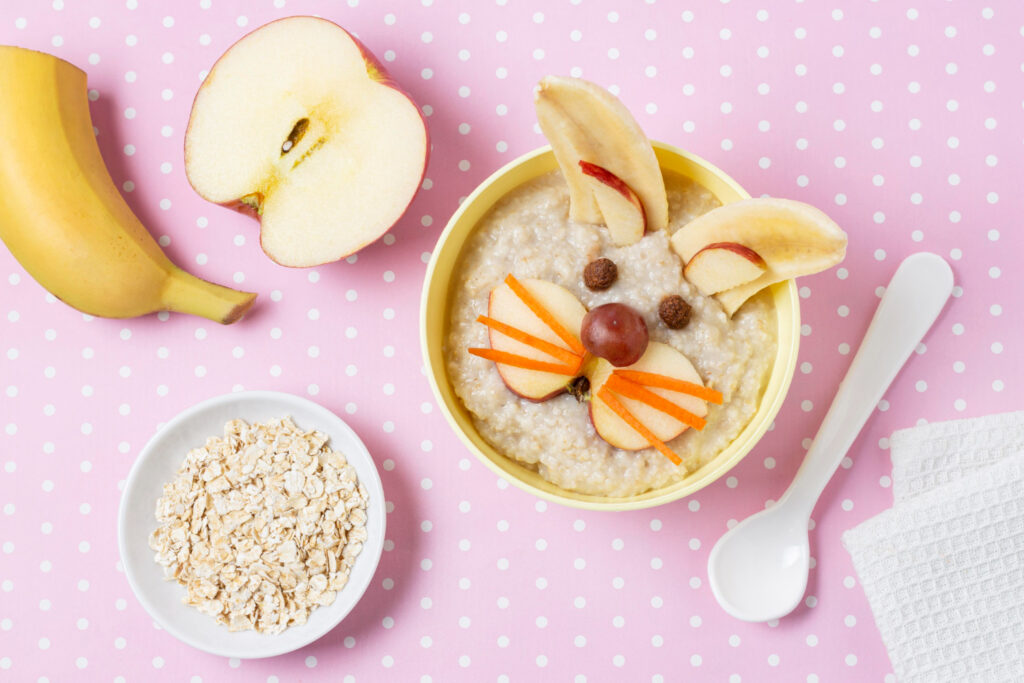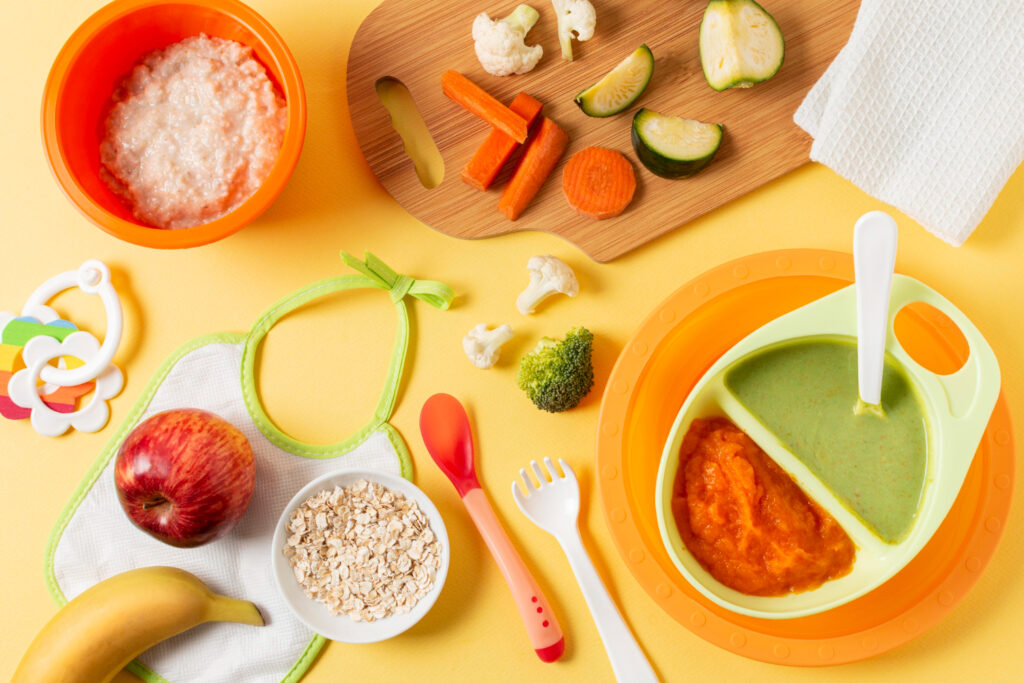
Introduction:
As toddlers grow and develop, their nutritional needs evolve, and it’s essential to provide them with a balanced diet that supports their overall health and well-being. Fiber plays a crucial role in maintaining digestive health, regulating bowel movements, and supporting a healthy immune system. In this guide, we’ll explore the importance of fiber for toddlers, identify fiber-rich foods to include in their diet, and offer practical tips for incorporating these favorites into your toddler’s meals and snacks.
Understanding the Importance of Fiber for Toddlers:
Fiber is a type of carbohydrate found in plant-based foods that the body cannot digest. Despite being indigestible, fiber plays several essential roles in supporting toddler health. Fiber adds bulk to stools, which helps prevent constipation and promotes regular bowel movements. Additionally, fiber slows down the absorption of sugar, leading to more stable blood sugar levels and sustained energy throughout the day. Furthermore, fiber acts as a prebiotic, feeding beneficial bacteria in the gut and supporting a healthy immune system.
Fiber-Rich Foods for Toddlers:
1. Fruits: Encourage your toddler to enjoy a variety of fruits, including apples, bananas, berries, oranges, and pears. These fruits are not only delicious but also rich in fiber, vitamins, and antioxidants.
2. Vegetables: Serve a rainbow of vegetables to your toddler, such as broccoli, carrots, cauliflower, spinach, and sweet potatoes. Vegetables are an excellent source of fiber, as well as essential vitamins and minerals that support growth and development.
3. Whole Grains: Choose whole grain options for bread, pasta, rice, and cereal to increase your toddler’s fiber intake. Look for products labeled “whole grain” or “whole wheat” to ensure they contain the entire grain kernel, including the bran, germ, and endosperm.
4. Legumes: Incorporate legumes such as beans, lentils, and chickpeas into your toddler’s diet to boost their fiber intake. Legumes are also rich in protein, iron, and other nutrients essential for growth and development.
5. Nuts and Seeds: Offer small portions of nuts and seeds to your toddler as a crunchy and nutritious snack. Almonds, walnuts, chia seeds, and flaxseeds are excellent sources of fiber, healthy fats, and protein.
Practical Tips for Incorporating Fiber-Rich Foods:
1. Offer a Variety of Options: Introduce a variety of fiber-rich foods to your toddler’s diet to ensure they receive a wide range of nutrients. Rotate fruits, vegetables, whole grains, and legumes throughout the week to keep meals interesting and nutritious.
2. Be Creative with Preparation: Experiment with different cooking methods and recipes to make fiber-rich foods more appealing to your toddler. Try roasting vegetables, blending fruits into smoothies, or adding beans to soups and stews.
3. Lead by Example: Set a positive example by enjoying fiber-rich foods yourself and incorporating them into family meals. Toddlers are more likely to try new foods when they see their parents or caregivers enjoying them.
4. Make it Fun: Get creative with presentation by arranging fruits and vegetables into fun shapes or serving them with a tasty dip. Use colorful plates and utensils to make mealtime more engaging for your toddler.
5. Offer Regular Meals and Snacks: Provide regular meals and snacks throughout the day to ensure your toddler has plenty of opportunities to consume fiber-rich foods. Offer a combination of fiber, protein, and healthy fats to keep them feeling satisfied and energized.

Conclusion:
Fiber is an essential nutrient for toddlers that supports digestive health, regulates blood sugar levels, and strengthens the immune system. By incorporating fiber-rich foods such as fruits, vegetables, whole grains, legumes, nuts, and seeds into your toddler’s diet and following practical tips for mealtime success, you can fuel their healthy growth and development. Remember to lead by example, be patient with picky eating habits, and make mealtime a positive and enjoyable experience for your toddler. With a balanced and fiber-rich diet, you can lay the foundation for a lifetime of healthy eating habits and well-being.

